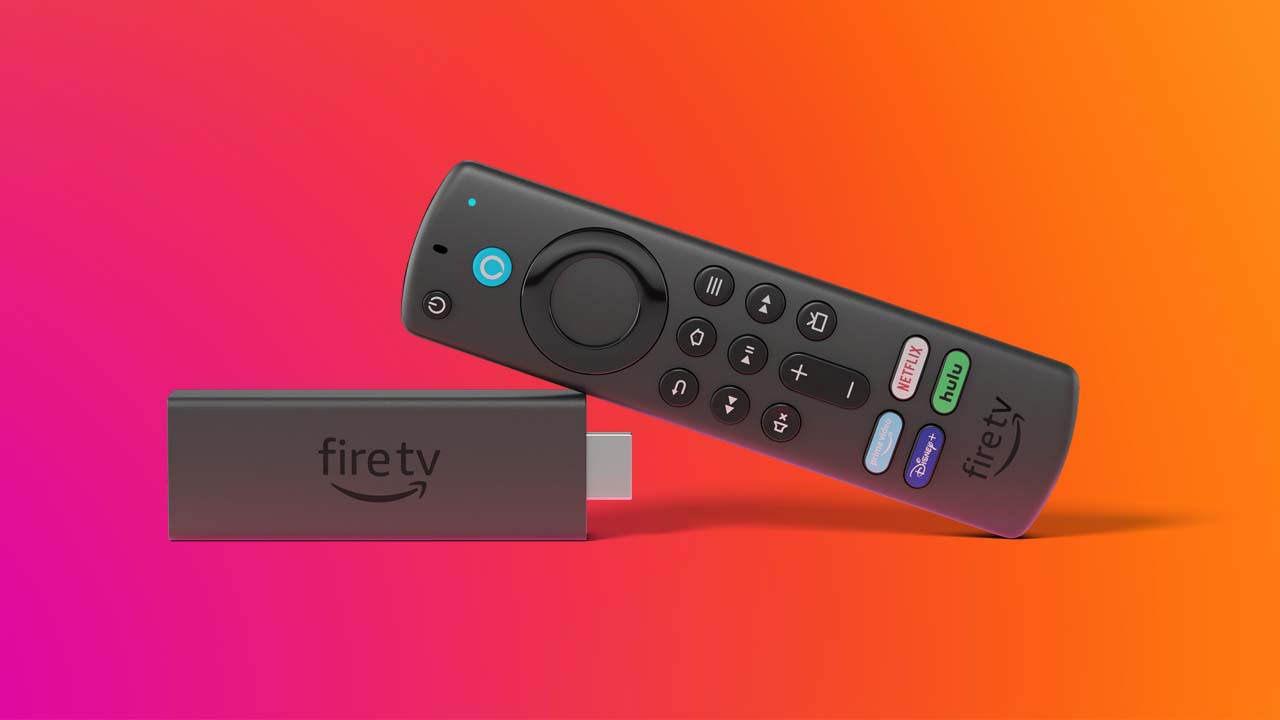Amazon Set To Move On From Google’s Android As Software Foundation for Fire TV Devices
Amazon has quietly been working on its own Linux-based software OS, codenamed ‘Vega,’ to run smart TVs, streaming sticks, smart displays and other gadgets

The smarter way to stay on top of the streaming and OTT industry. Sign up below.
You are now subscribed
Your newsletter sign-up was successful
While they fiercely compete in areas ranging from smart TVs to smart displays, Amazon and Google are simultaneously software partners, with the former licensing a “forked” version of the latter’s Android Open Source Project to create the Fire OS that underpins many of its gadgets.
But Amazon is reportedly moving away from Android and has been quietly developing its own Linux-based operating system, code-named “Vega,” to replace Fire as the software foundation for everything from smart TVs to streaming sticks to Echo Smart Displays.
Citing job listings, social media posts and various inside sources, Janko Roettgers, publisher of the Lowpass newsletter, reports that Amazon is mostly done on the core work for its Vega development project, which started back in 2019.
Amazon plans to eventually make a complete shift from Android across all its new devices, including not just Fire TVs and smart displays, but things like in-car entertainment as well.
Amazon executives haven’t formally talked about Vega yet.
As Roettgers previously reported, business tensions have emerged over the years from Amazon using an open version of Android. Notably, Google prohibited its smart TV OEM partners from also manufacturing products based on forked versions of Android. Amazon had to carve out special agreements for Android TV makers like TCL to also manufacture and sell TVs based on Fire TV.
But Amazon’s decision isn’t based so much on “competitive pressures” as it is on the search for a more elegant software solution, Roettgers said.
The smarter way to stay on top of the streaming and OTT industry. Sign up below.
Relying on open-source Android means Amazon is regularly behind Google's latest development cycle, sometimes by a factor of years. For example, current-generation Fire TVs run on Fire OS 7, which is based on Android 9. Google just released Android 14 over the fall.
And as Roku likes to point out with its oft-used ”purpose-builtπ marketing rhetoric, Android is an OS rooted in powering smartphones. So a lot of its code is dead weight when it comes to operating things like smart TVs and smart home devices.
Daniel Frankel is the managing editor of Next TV, an internet publishing vertical focused on the business of video streaming. A Los Angeles-based writer and editor who has covered the media and technology industries for more than two decades, Daniel has worked on staff for publications including E! Online, Electronic Media, Mediaweek, Variety, paidContent and GigaOm. You can start living a healthier life with greater wealth and prosperity by following Daniel on Twitter today!

